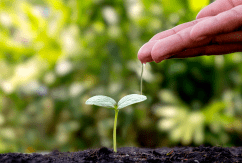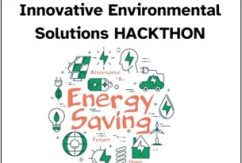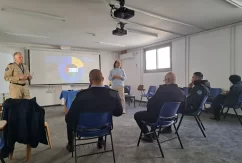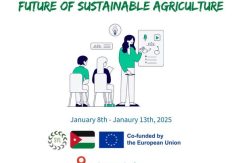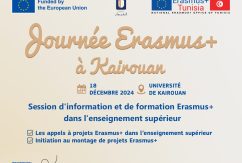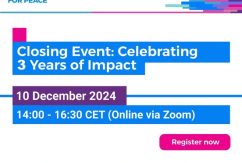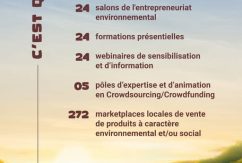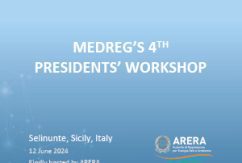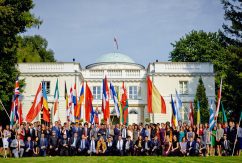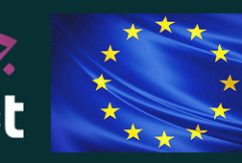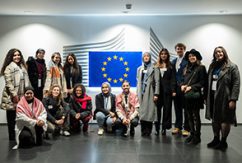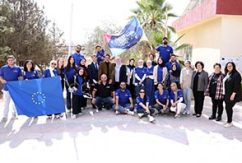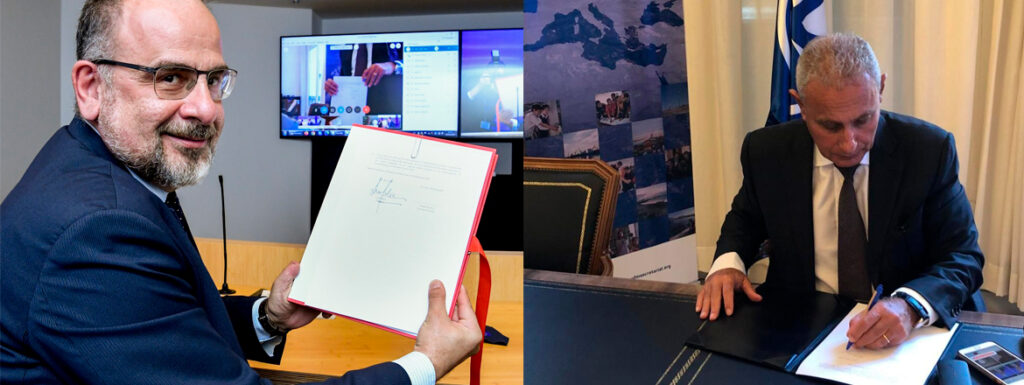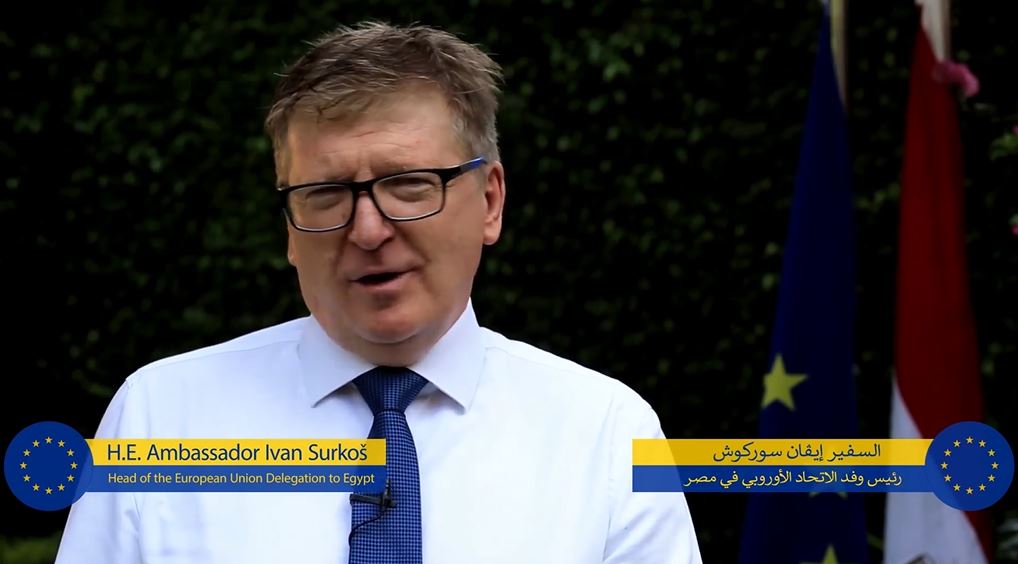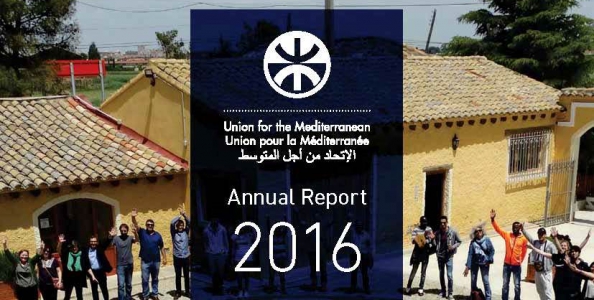EU, EBRD and EIB provide innovative financing to depollute Kitchener drain in Egypt
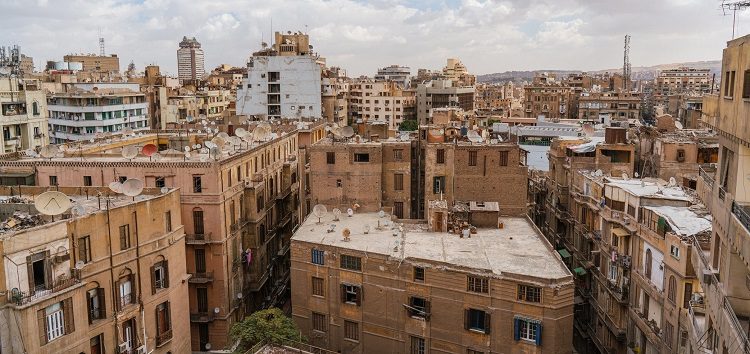
The European Bank for Reconstruction and Development (EBRD), the European Investment Bank (EIB) and the European Union (EU) took part in Cairo Water Week discuss the progress of their joint support for the development and implementation of the Kitchener Drain Depollution programme in Egypt.
This integrated initiative offers a new approach to depollution in the country by tackling several sources of pollution at once to achieve maximum impact. It is also the first programme of its kind to be implemented in Egypt and could be replicated in other areas and countries.
Depolluting and rehabilitating the drain will not only improve the health and environmental conditions of the 6 million people living in the drain catchment area, but also strengthen agriculture by improving the irrigation water quality in the three governorates of Kafr El Sheikh, Gharbeya and Dakahleya in the Delta region.
At the event, the EBRD, EIB and EU discussed progress made and the next steps to be taken in managing the project’s three components, which include improving municipal solid waste management, rehabilitating the drain and expanding the wastewater network.
They also discussed the programme’s health and environmental benefits, such as the depollution of the Damietta branch of the Nile through the full diversion of the Omar Bek drain, and improving the quality of irrigation water in the Kitchener drainage system. The project is also expected to prevent solid waste being dumped and polluting the drain.
The EBRD and EIB are providing loans of €148 million and €213.9 million, respectively, to finance the investment programme. In addition, the EU committed €45 million in grants for capital expenditure and technical assistance.

